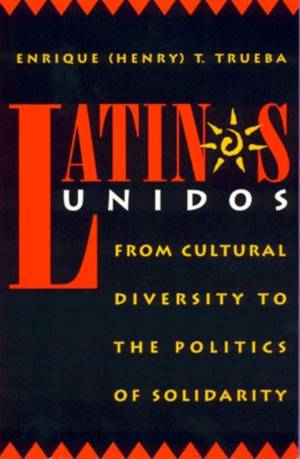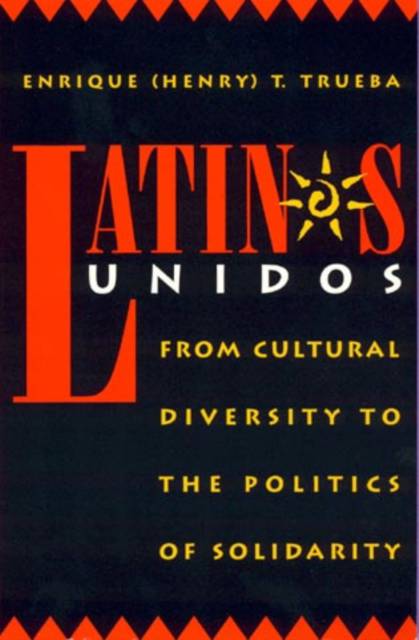
- Afhalen na 1 uur in een winkel met voorraad
- Gratis thuislevering in België vanaf € 30
- Ruim aanbod met 7 miljoen producten
- Afhalen na 1 uur in een winkel met voorraad
- Gratis thuislevering in België vanaf € 30
- Ruim aanbod met 7 miljoen producten
Zoeken
€ 153,95
+ 307 punten
Uitvoering
Omschrijving
A perspective on Latinos - not only as a diverse and growing population in the US with distinct social, cultural and economic features, but as a political force with a collective ethnic identity. It explores the personal identity and resiliency, adaptive strategies, and successes of Latinos.
Specificaties
Betrokkenen
- Auteur(s):
- Uitgeverij:
Inhoud
- Aantal bladzijden:
- 216
- Reeks:
Eigenschappen
- Productcode (EAN):
- 9780847687282
- Verschijningsdatum:
- 23/02/1999
- Uitvoering:
- Hardcover
- Afmetingen:
- 161 mm x 235 mm
- Gewicht:
- 445 g

Alleen bij Standaard Boekhandel
+ 307 punten op je klantenkaart van Standaard Boekhandel
Beoordelingen
We publiceren alleen reviews die voldoen aan de voorwaarden voor reviews. Bekijk onze voorwaarden voor reviews.








